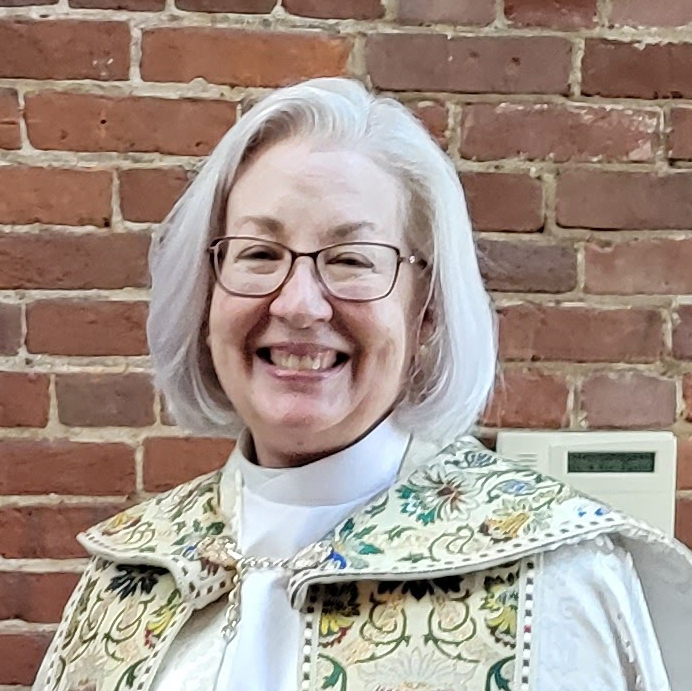Once upon a time in Connecticut, we lived up the road from a farm where sheep grazed. They were sweet creatures we could see early in the morning as we left for work. It was not until I got to know an actual shepherd, though, that I learned a little bit about raising sheep. Sheep are sensitive and complicated critters, and lambing season can be infused with drama. Never underestimate the power of a good shepherd.
Every once in a while, a ewe gives birth to a lamb and is unable to care for it. Sometimes the ewe dies in the birthing process, or there are twins and she doesn’t have enough milk. Sometimes the ewe is old or unhealthy, or the lamb has a health issue. When a ewe rejects one of her lambs, she will never change her mind, and she may even butt the poor animal away if it tries to return. These little lambs embody despair, hanging their heads low and isolating themselves. Their spirit is broken. Unless the shepherd intervenes, that lamb will die alone. Shepherds call those rejected offspring bummer lambs.
The shepherd will take that rejected little one home, hand-feeding it and keeping it warm. The shepherd will wrap it up with blankets and holds it to a human chest so the bummer can hear a heartbeat. After a month of bottle feeding and introducing grass to the diet, as the lamb gains strength, the shepherd will place it back in the field with the rest of the flock. Sheep are community animals – they really need their flocks. The lamb never forgets the shepherd’s care, bonding to the shepherd and to their human family. When the shepherd calls for the flock, guess who runs over first, sometimes jumping for joy? That is right, the bummer sheep. This little sheep knows the shepherd’s voice intimately. She knows intimately who has cared for her in those moments of pain and vulnerability. She believes in this nurturing relationship because she has experienced love.
I have been thinking about all this as we celebrate Good Shepherd Sunday in our religious calendar and Mother’s Day in our cultural calendar. We come to church with a hope to encounter the living God and we cannot escape the cultural overlay. Julia Ward Howe’s vision of an international movement of mothers who worked to abolish the cruelty of war has been transformed into a day to honor raising children with gifts and greeting cards. Human life is complex. Some of us are fortunate to have memories of extraordinary mothers, some have tragic memories, and most have moms who are somewhere between the two extremes. Mothering is challenging and complicated. It is not a blessing to commercialize, romanticize, or to mandate motherhood.
As we mature, part of our spiritual and emotional work is reconciling the many pieces of our life with our hope to be whole and holy. Emerging from Coronatide, I suspect that to a certain extent, we are all bummer lambs. We experience rejection, imperfection, and brokenness, in our lives and sometimes even in our families. Our life experiences can offer us remarkable joy and beauty, followed quickly by harshness and injustice. Who will wipe the tears from our eyes? Whose heartbeat do we need to hear? Who will offer us the perfect nurturance to sustain us on this long and arduous journey?
The scriptural image of the leader as a shepherd was especially appropriate in a rural culture. Even ancient kings demonstrated their capacity to rule by their ability to provide pasture for their people’s livestock. Most of the tenth chapter of John’s gospel is Jesus’ self-description of himself as the Good Shepherd of God’s one flock, who gathers all the sheep into the sheepfold. It is surprising to hear Jesus now telling his adversaries in the Temple at Chanukah that their unbelief is because they are not part of his flock. There is internal tension here between those who see and believe and those who see and still will not believe – the flock is divided and that is not easily resolved. It may help us to recall that Jesus’ conflict with the Temple authorities and the Pharisees has its roots in his criticism of their coldhearted abuse of power. Their theocracy flatters the oppressive Empire and allows the abuse of the poor. The true flock hears the voice that speaks the Word of God, which is the Word of Love that comes from the lips of Jesus. Here Jesus reframes the feast of Purification – redefining who is the real Israel – and claims a unique and divine identity.
Never underestimate the power of a good shepherd. Only Jesus is the Good Shepherd. He cares for our every need and holds us close so we can hear the heartbeat of God. We may feel broken, we may feel fragile or rejected. We hear many loud voices telling us that we are unworthy, sinful, and deserve to suffer. The voice of the Good Shepherd blesses and liberates, but does not condemn or oppress. The voice of the Good Shepherd offers abundant life and not diminishment of humanity. Among all the other voices that evoke fear, make demands, or give advice, the voice of the Good Shepherd is a voice of promise—calling us by name and claiming us as God’s own. We are deeply loved.









